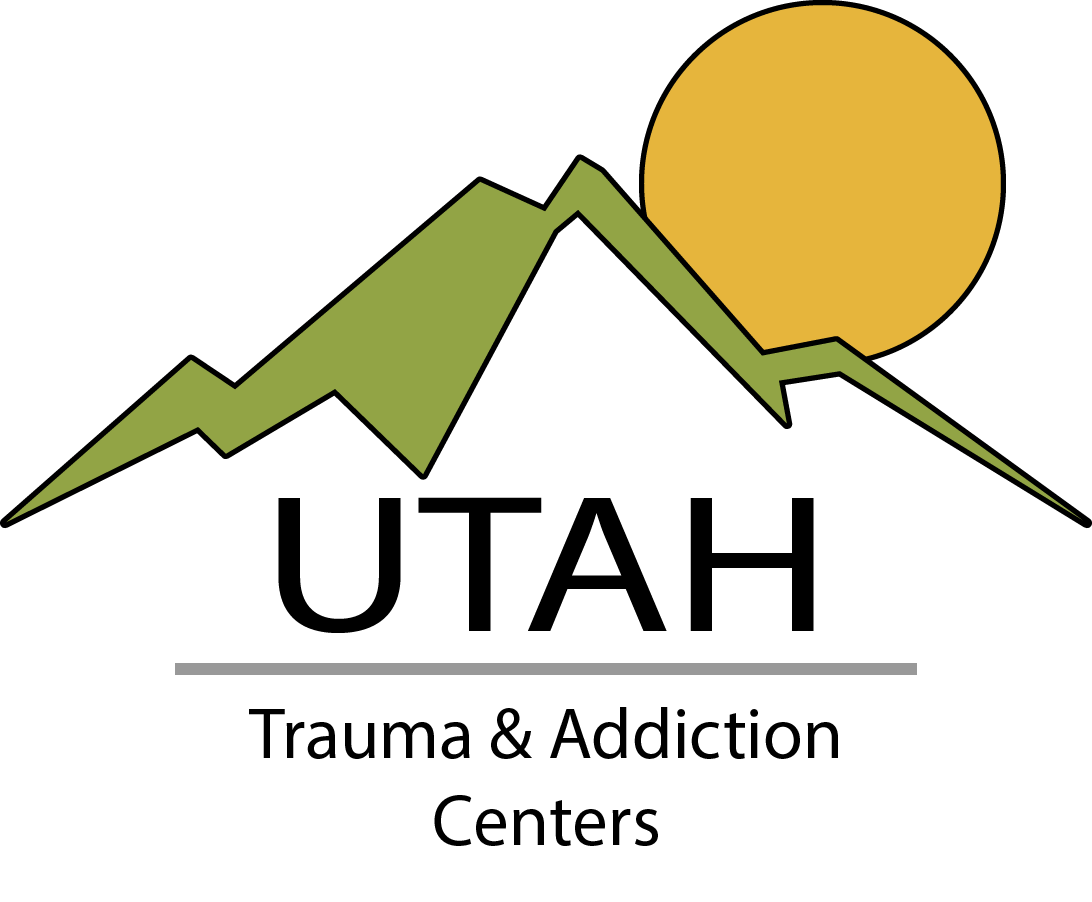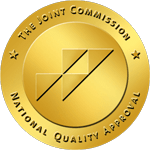What Causes Addiction
There can be several factors that can influence addiction. Some people use substances to relieve stress and to help them deal with their feelings. Feelings of hurt, not being good enough, insecurities, and abuse can lead to a person taking the easy way out, by using substances to escape the reality of their feelings. People with depression, anxiety, or any other kind of mental health usually turn to substances to help them feel better. Addiction can also be caused by a dramatic or critical events early in life. In a young adult’s life, addiction could be caused by peer pressure or having other friend’s abuse alcohol and/or drugs and thinking it is a normality. A habit may eventually turn into an addiction. The habit starts without any significant problems, then...


